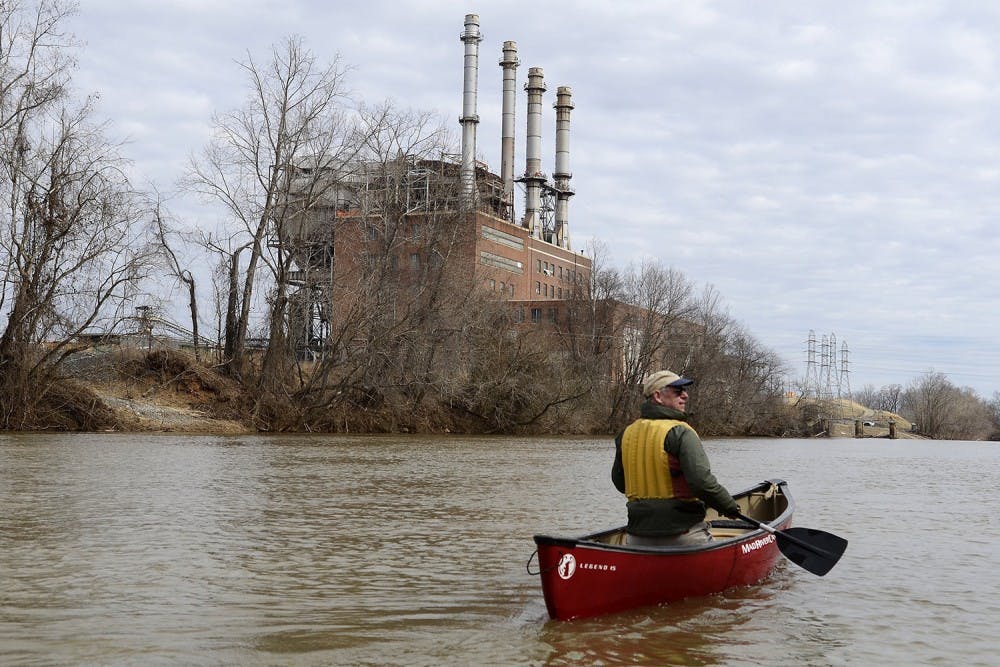On Dec. 4, the Town of Carrboro filed a lawsuit against Duke Energy, alleging that the energy utility has participated in an ongoing “campaign of deception” to conceal the dangerous effects of fossil fuel use on the environment from the public. This has resulted in the acceleration of anthropogenic climate change and long-lasting economic damages to Carrboro and its residents.
This lawsuit over Duke Energy’s alleged climate deception is the first instance of a town suing an energy utility for the harm caused by greenwashing practices. While this lawsuit is unique, the situation isn’t — there are thousands of energy utilities like Duke Energy across the country. Of the energy that these utilities produce and distribute, 60 percent comes from fossil fuel combustion. This lawsuit is extremely important in establishing a framework for legal action against the biggest perpetrators of climate change, placing North Carolina on the frontlines of the fight for climate justice.
The suit alleges that Duke Energy intentionally obfuscated the reality of climate change, exemplified through the following ads from local newspapers distributed across America in the summer of 1991:
“If the Earth is getting warmer, why is Kentucky getting colder?”
“The most serious problem with catastrophic global warming is — it may not be true.”
“How much are you willing to pay to solve a problem that may not exist?”
These ads were part of a marketing campaign intended to present climate change as not only up for debate, but a threat to public interest — and common sense. The campaign aimed to “reposition global warming as theory (not fact)” and was backed by a coalition of major energy utilities, including Duke Energy.
Similar cases seeking compensation for the economic impacts of climate change have been filed by states against major oil companies, such as Maine’s ongoing prosecution of energy giants like Exxon and BP. The lawsuit similarly alleges that these companies deceived the public about the dangerous consequences of fossil fuel use. However, while there exists legal precedent for action against oil and gas companies, Carrboro remains the first to seek justice from an energy utility.
Duke Energy has been North Carolina’s state energy utility since 1911. Like many companies that provide public utilities, such as water, railroads and communication services, Duke Energy is a natural monopoly — it’s a private company with control over huge swaths of North Carolina’s energy distribution infrastructure.




